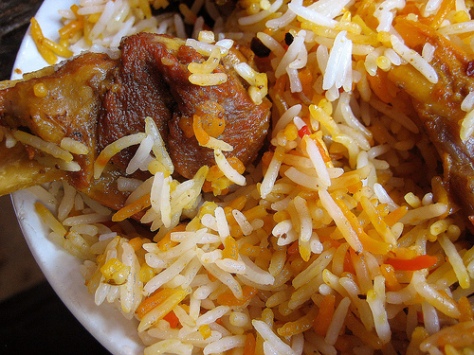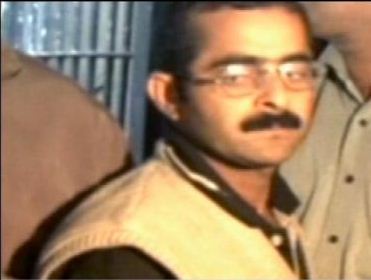This release was put out yesterday by the PEOPLE’S UNION FOR CIVIL LIBERTIES
The secretive and stealthy hanging of Ajmal Kasab in Pune’s Yerwada Prison yesterday, 21st November, 2012, brings to an end the legal process involved in trying Kasab for the brutal assault by trained terrorists from across the border on Mumbai, the commercial capital of India which left 166 persons dead.
The Mumbai carnage of November 2008, more popularly abbreviated to a single term `26/11,’ constitutes one of the most heinous and deliberate attempts in recent years to cause mass mayhem and terror in India. Kasab was the only member of the terrorist team sent from Pakistan apprehended alive; he was caught on film diabolically using his modern automatic weapon in a cold blooded fashion, killing numerous people. The hanging, and the trial and legal proceedings which preceded it, admittedly complied with existing laws which permit death penalty, and cannot be faulted as such. While it may be argued, as many do that the hanging will help in an `emotional closure’ to the families of victims of 26/11, there are others who point out that other key issues still remain to be addressed. Families of victims in specific, as also other concerned citizens, have pointed out that Kasab was only a foot soldier and not the mastermind, who still remain at large. Continue reading Abolition of Death Penalty – A Time for National Reflection: PUCL →



